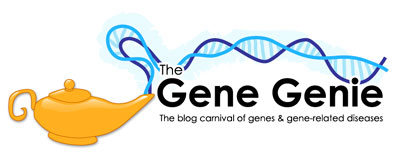 Genealogists spend many of their days (and much of their money!) tracking the history of their ancestors. They hunt through ancient records to elucidate even the smallest clue as to some facet of their ancestors’ lives. Since the majority of genetic genealogists started their journey as traditional genealogists, it is only natural that they enjoy record-keeping and tracking as well.
Genealogists spend many of their days (and much of their money!) tracking the history of their ancestors. They hunt through ancient records to elucidate even the smallest clue as to some facet of their ancestors’ lives. Since the majority of genetic genealogists started their journey as traditional genealogists, it is only natural that they enjoy record-keeping and tracking as well.
The DNA Genealogy Timeline is a free public resource maintained by Georgia K. Bopp and hosted by rootsweb.com. The timeline attempts to track the significant developments associated with genetic genealogy. It begins with “Before 1980” and was updated most recently as of October 2007.
What immediately stands out is that genetic genealogy has been around much longer than people realize, especially given the recent media attention. I began my exploration of genetic genealogy in 2003, but by 2000 there were already as many as 4 surname projects begun by hobbyists! As of September 2007, one company (Family Tree DNA) had over 4,200 surname projects that contained more than 66,000 surnames. There are even more surname projects hosted by other companies, including Heritage DNA.


